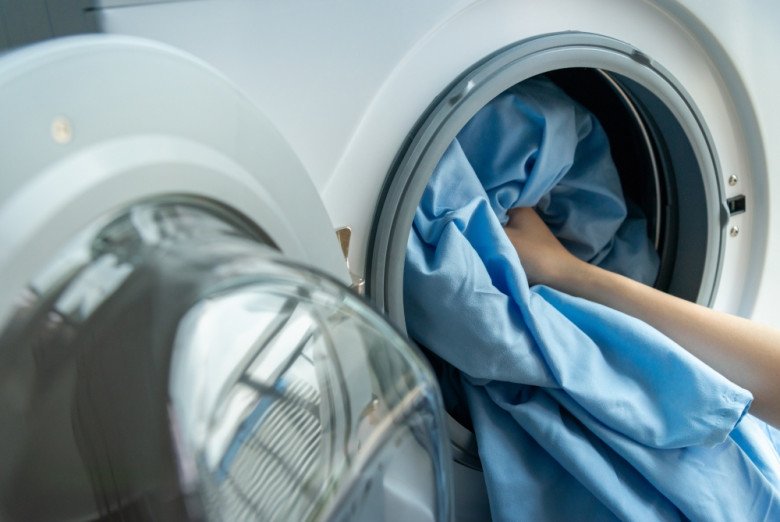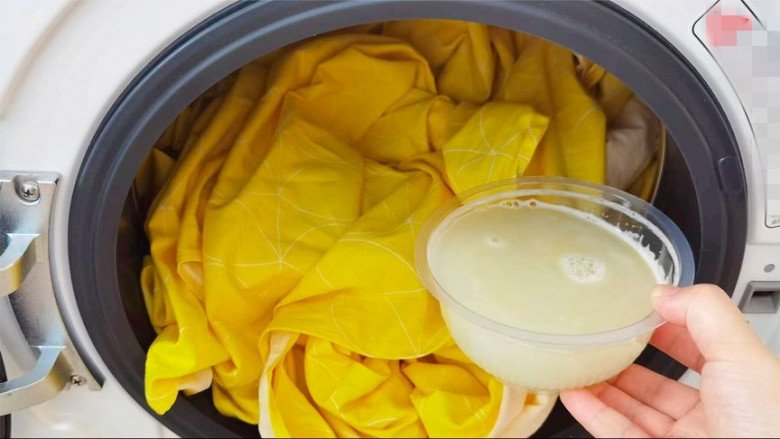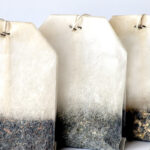The human body releases approximately 200ml of sweat each night, and for those prone to night sweats, this amount can be even higher. This warm and humid environment is a breeding ground for bacteria. Additionally, hair, dead skin cells, and sebum produced by the body, along with dust and moisture in the air, will settle on your bed linens.
Not regularly cleaning your bedding, including pillows and duvets, can lead to skin issues such as itching, acne, and dermatitis. Furthermore, bacteria and dust can enter your body through the respiratory tract, causing infections. Prolonged use of unwashed bedding also poses risks of gynecological issues, especially for those who sleep without clothing.

How often should you wash your bed linens?
It is recommended to wash your bed linens and pillowcases once every one to two weeks or when they appear soiled. If you have children or pets, it is advisable to wash them weekly.
Additionally, consider your skin type and the climate. For individuals with oily skin, the sebum produced can easily transfer to the linens, requiring more frequent changes and washes.
Seasonal changes will also impact the cleaning frequency. In winter, due to slower bacterial growth, you can extend the time between washes. However, in spring and summer, as temperatures rise, bacteria thrive, necessitating more frequent laundering of your bed linens.

A special ingredient to add to your wash
Typically, one would directly put their bed linens in the washing machine, add the appropriate amount of detergent, and select the wash cycle. However, to achieve a deeper clean and tackle stubborn stains, you can include some special ingredients.
Prepare a small bowl or container and mix one spoon each of salt and baking soda with an appropriate amount of white vinegar. Stir the mixture well.
White vinegar is effective in eliminating unpleasant odors and killing dust mites that may be lurking in the fabric. Baking soda is a powerful stain remover, outperforming regular detergents. It can easily tackle stubborn stains like oil and blood.
Salt enhances the cleaning power of the detergent and aids in removing fine fibers and impurities from the linens.

Next, pour this mixture into the washing machine along with your usual detergent. Then, start the machine to clean your bed linens.
Once the cycle is complete, remove your linens, and you will be pleased to find them looking brand new, free from stains and deep-cleaned. Moreover, this method spares you from manual scrubbing, as the ingredients do the work for you inside the washing machine.
The Ultimate Guide to Eliminating Odor from Men’s Leather Shoes
When it comes to men’s leather shoes, prolonged wear can lead to an unpleasant odor due to various factors such as wet shoes, foot sweat, and improper cleaning. There are several effective methods to eliminate this odor, including the use of tea bags, sawdust, activated carbon, baking soda, and old newspaper.
“Natural Detox for Fruits and Vegetables”
The natural detox secrets for fruits and vegetables that we are about to reveal will empower you to take charge of your health and that of your loved ones. With just a few inexpensive ingredients and simple techniques, you can effectively rid yourself of harmful toxins and embrace a healthier, happier you.



































